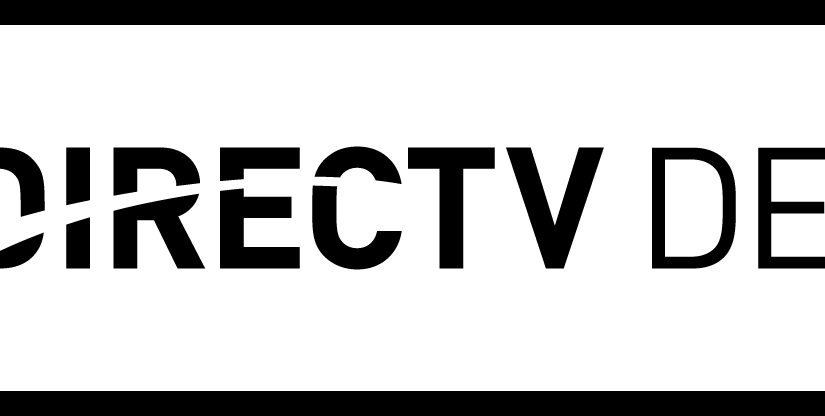Technology and connectivity run the modern world. Because of this, the internet has grown to become one of the world’s most valuable commodities. So valuable that it has even become a prime consideration when relocating or moving into a new home. And with the number of service providers on the market, choosing the best internet service provider (ISP) has become more challenging. How do you know which ISP is right for you?
Plans
Home internet providers have a diverse consumership and every user has different needs. So, whether the need for connectivity is for running a business, gaming, streaming videos or music, or supporting a work- or study-from-home setup, ISPs should be able to address these demands in order to expand their market. This is one of Earthlink’s driving forces, hence its commitment to provide a customized plan for every consumer. So whether you are a gamer, an entrepreneur, or just a casual internet user, Earthlink has the perfect subscription package for you.
Price
Does price matter? Yes. And as in any other industry, consumers would want to make sure they get the best value for their money. Earthlink understands its market demographics and has, therefore, devised a competitive payment scheme. Not only are subscription rates priced reasonably, but there is also a fixed payment locked in for 12 months. This guarantees that there will be no increase in the price for the first year. With this, you get to choose a plan that suits your budget, and still enjoy fast and reliable internet, with no data cap.
Coverage
We all know that coverage depends highly on the location. Certain regions might have more challenging geographies, making them almost impossible to reach. Even so, Earthlink is able to get more than 90% of the country online, making it the largest internet provider in the United States. Earthlink goes the extra mile and partners with other providers in order to make the network available to as many households as possible. This way, even rural or hard-to-reach areas get to enjoy internet services.
Features
Looking at the market, almost all home internet providers have the same competitive rates, plans, and widespread coverage. So, picking out the best from the rest often comes down to other special features.
Customer Service
Earthlink puts customer satisfaction at the forefront and makes sure its dedicated customer support team provides service above par. Top-tier subscribers even have their own account managers, making resolving issues faster and more efficient.
Cybersecurity
Earthlink has cybersecurity measures implemented. This is most useful for parents who want to limit their children’s access to restricted sites. This helps make online browsing safer for users of all ages.
Installation
Ask about the most current deals by calling 505.738.2983 for more information.
Finding the best home internet provider entails careful evaluation of the services that providers offer and checking them against your own needs. The best ISP should fit your budget, and meet your speed and coverage requirements, at the least. If you can find a company that is able to balance price, reliability, and availability, then you know you’ve found the perfect ISP.





You must be logged in to post a comment.